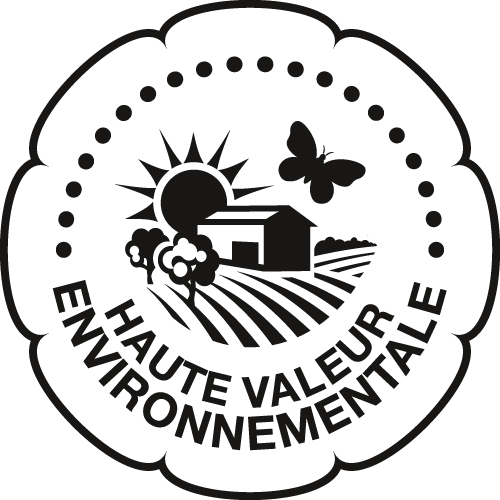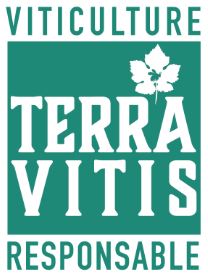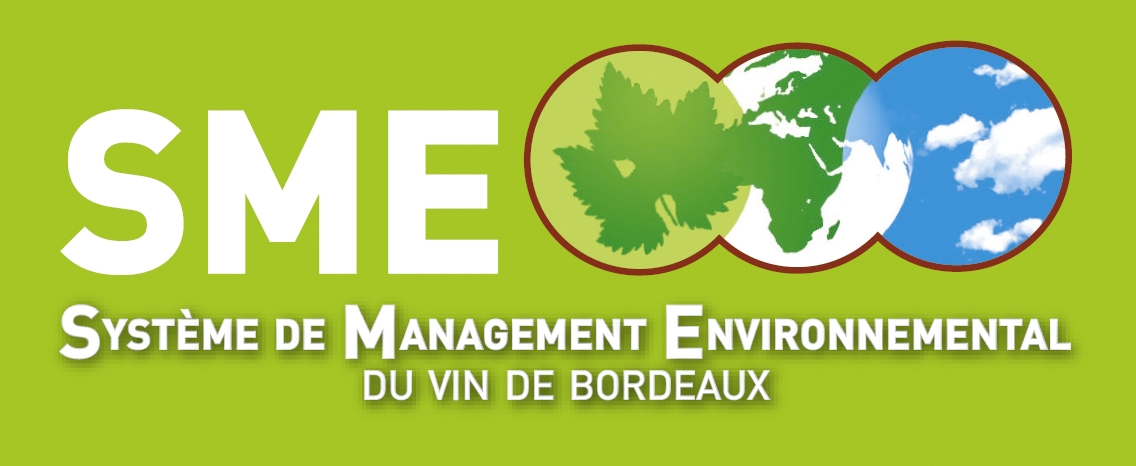Our commitments beyond the rules of the HVE 3:
- Choosing local suppliers.
- Reducing our usage of water and energy.
- Managing trips (by using an electric vehicle for short trips).
- Adopting a 30 minute lunch break to avoid a return trip home for staff thus reducing our carbon footprint.
- Reducing the amount of tractor passes in the vineyards.
- Using willow sprigs to attach the vines to stakes and trellising wires. This is a natural material, also called wicker once dry, and used in basket making. With time the ties come loose, drop to the ground and are biodegradable. This is a much better option than synthetic ties.
- Managing our waste products (treating and recycling cellar effluents since 1997, managing packaging…).
- Minimising vineyard spraying: investment in state-of-the-art spraying equipment for more targeted treatment only where necessary; eliminating the use of CMR products before it was a legal requirement (CMR refers to substances that are carcinogenic, mutagenic or toxic to reproduction).
- No chemical weed control for more than 10 years: soil is laboured and inter-row grassing is managed.
- Grinding up vine shoots to use as natural compost in the vineyards.
- Purchasing washable fabric masks to AFNOR norms in order to reduce our waste products.
- For the last 5 years we have not watered our gardens, leaving that to nature. This equates to a saving of 500 litres of water/m² of garden.
- Regular training and information sessions and meetings to share knowledge and keep the team on track. This motivates every team member to be responsible for their actions and carbon footprint and to continue reducing our impact on the environment.


